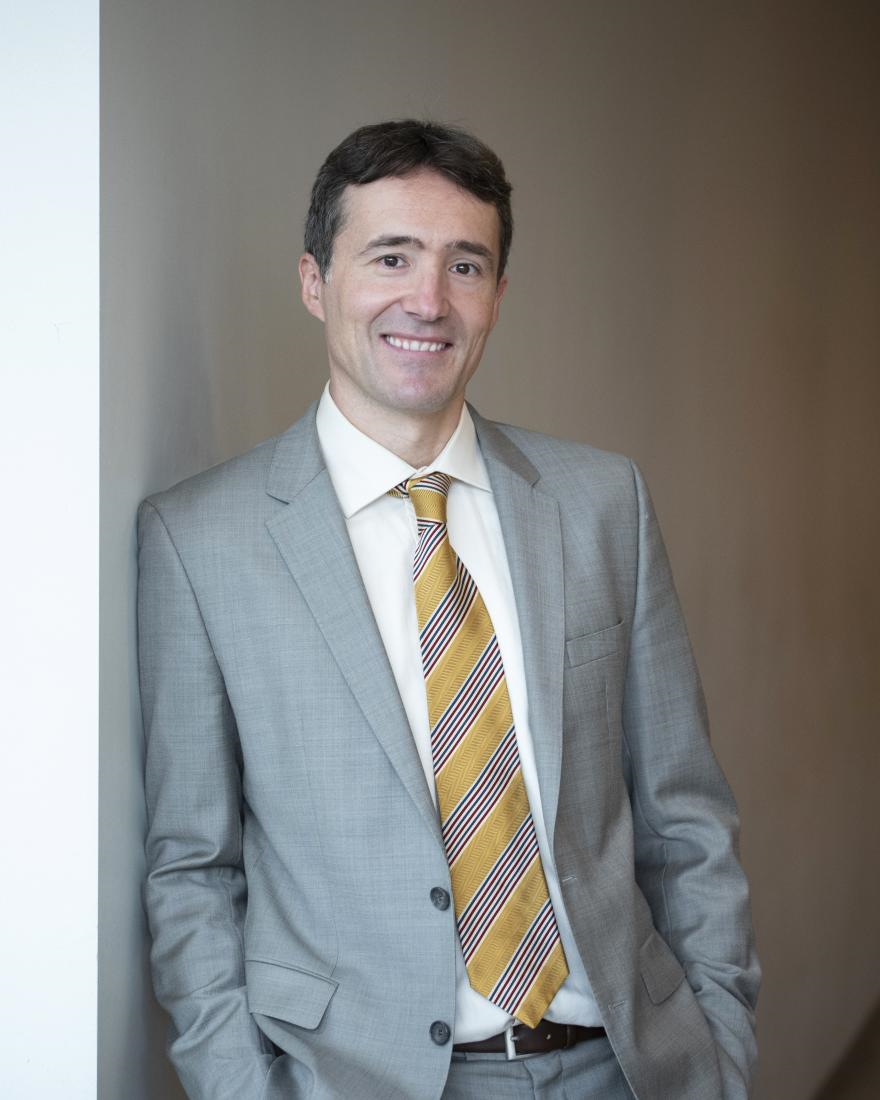“Crowding”: A Risk Beyond Inflation and Interest Rates

The COVID-19 pandemic and the war ravaging Ukraine have transformed the world’s economy in ways no one could anticipate. Investors and companies are facing significant shocks due to raising inflation and increased interest rates.
While such events put pressure on investment portfolios and affect overall market performance, an ongoing phenomenon, “crowding” — when an increasing number of investors hold the same securities at the same time — could lead to heightened market disruptions. Given a negative shock, investors holding, for example, inflation-exposed stocks may all sell at the same time, leading to large price adjustments.
A growing concern
Professor Fabio Moneta and his research team (which includes Professor Ludwig Chincarini from the University of San Francisco) have received a Social Sciences and Humanities Research Council Insight Grant to study crowding. Crowding is a growing concern among institutional investors. Moneta and his team seek to better understand its role, determinants and impact on the performance of institutional investors such pension funds, banks, mutual funds, hedge funds and insurance companies. Drawing on existing data on holdings of institutional investors from multiple sources, they will use time-series analysis and other approaches to test their hypotheses.
Project title: “Crowding, Institutional Investors Trading, and Anomalies”
For Moneta, “It is of crucial importance for institutional investors to identify when trading becomes crowded, especially during times of market stress. Practitioners are introducing new tools to measure the degree of crowding, but there is a need to understand its determinants and interactions with liquidity and crash risks, as well as its impact on market efficiency.”
Learning to predict the risks
This research will not only fill in a gap in empirical and methodological knowledge related to crowding, but will also help regulators and investors better monitor and predict the risks associated with crowding. Understanding the trading behaviours of institutional investors and the impact of crowding on their performance will provide evidence to influence policies, regulations and investors’ professional practices.

Professor Fabio Moneta studies investments, institutional investors, trading behaviour, mutual fund performance and empirical asset pricing. He has expertise in time-series methods and working with the investment management industry. Learn more about Fabio Moneta’s research.